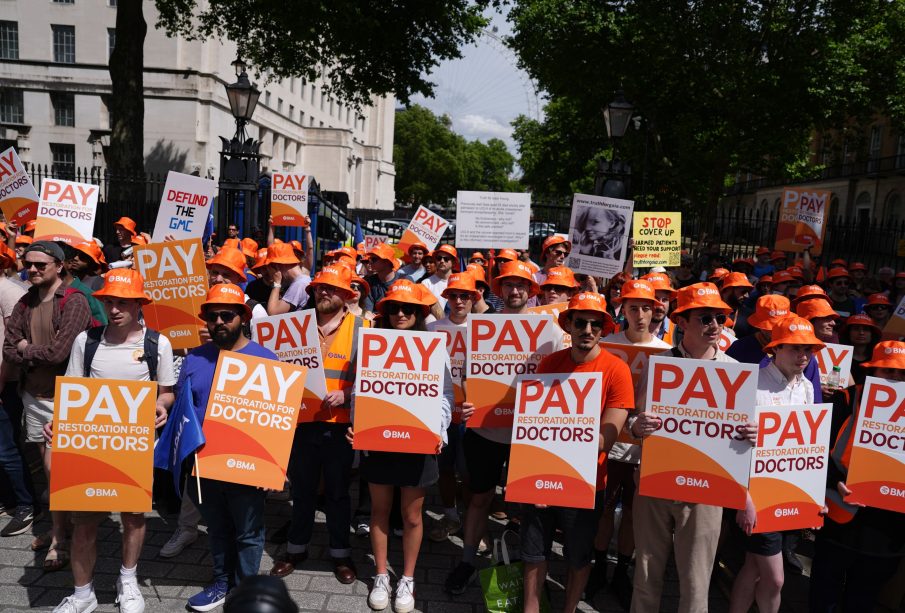Understanding the Junior Doctors Strikes in the UK

Introduction
The ongoing junior doctors strikes in the UK have sparked significant debate and concern within the healthcare sector. These strikes, primarily driven by issues related to pay and working conditions, underscore the growing frustrations faced by junior physicians as they demand fairer remuneration and improved workplace conditions. With the NHS heavily reliant on the expertise and dedication of junior doctors, the impact of these strikes is being felt across hospitals and healthcare services nationwide.
Details Behind the Strikes
In recent months, junior doctors represented by the British Medical Association (BMA) have staged multiple walkouts, calling for a pay increase of 26% to address a decade of stagnant wages. The last major pay review occurred in 2008, and since then, many junior doctors claim their real earnings have been eroded by rising inflation and the cost of living crisis. According to BMA estimates, junior doctors’ pay has fallen by up to 30% in real terms over the last decade, leading to increased dissatisfaction among the workforce.
The strikes began in earnest in April 2023, with junior doctors walking out for 96 hours, causing widespread disruption to elective surgeries and outpatient appointments. Furthermore, the latest action, termed ‘the biggest ever NHS strike’, demonstrated the scale of discontent among junior medics, drawing immense public attention and support.
Responses and Reactions
While the strikes have garnered significant media coverage, the government has expressed frustration as negotiations become increasingly tense. Health Secretary Steve Barclay has condemned the strikes, asserting that the proposed pay increase is unaffordable and warning of the potential consequences this could have on patient care. In response, junior doctors argue that adequate staffing and their ability to provide high-quality care are being compromised as burnout and dissatisfaction grow within the profession.
Conclusion
The junior doctors strikes represent a critical moment for the NHS and the broader healthcare landscape in the UK. As junior doctors continue to advocate for their rights and improved working conditions, the government must navigate these negotiations carefully to prevent further disruption and ensure a reliable healthcare service for patients. The implications of this conflict extend beyond mere pay disputes; they speak to a larger issue of staffing, morale, and the future sustainability of the NHS. Observers are left wondering if a resolution will be met and what changes may arise in the NHS to retain and motivate its vital workforce of junior doctors.









